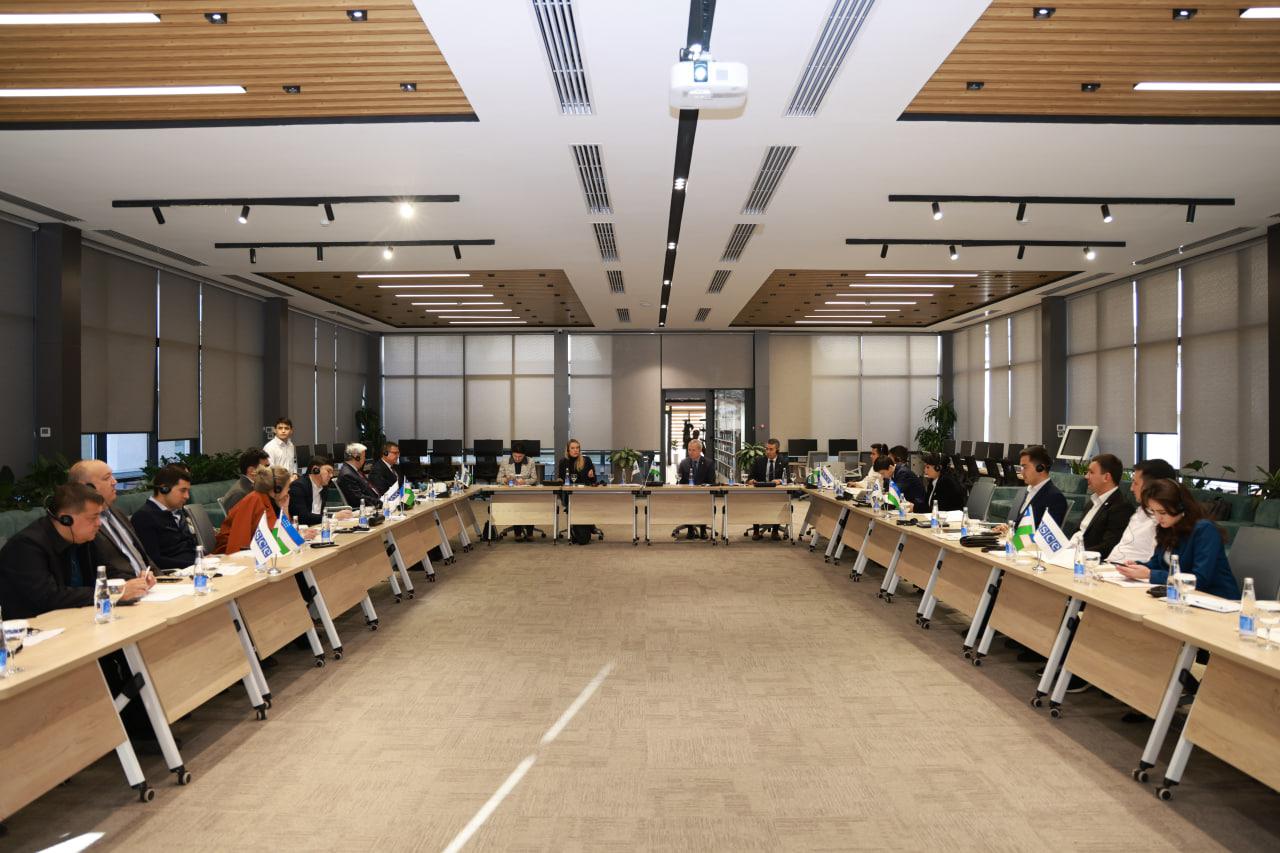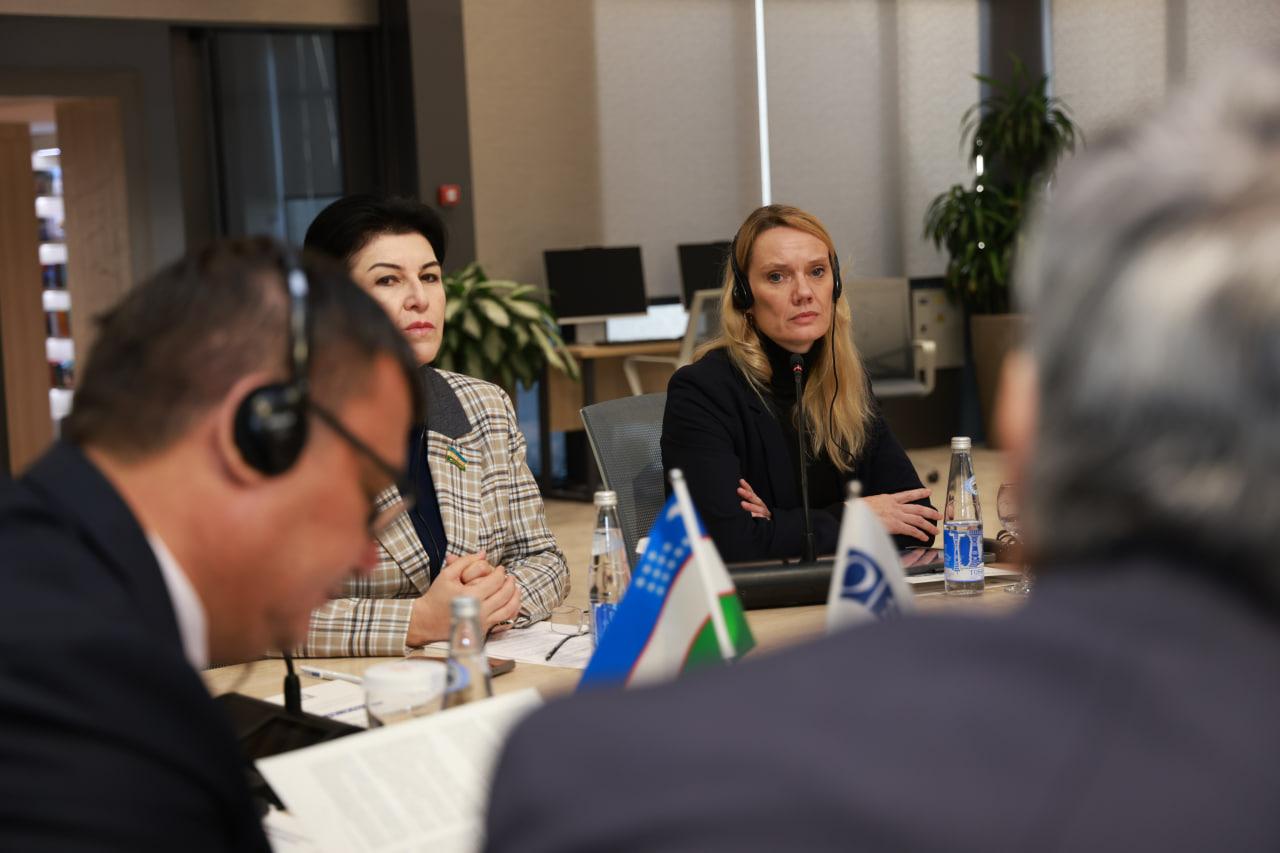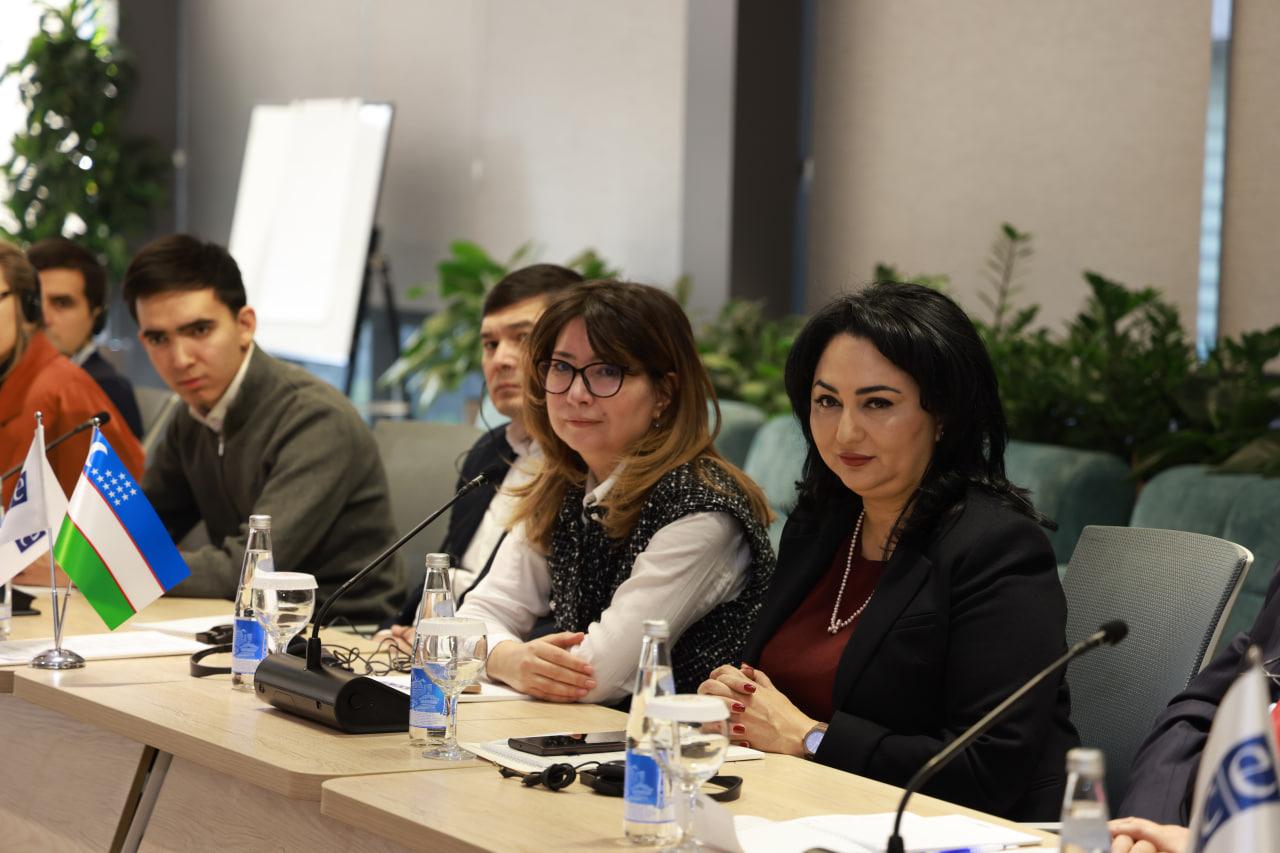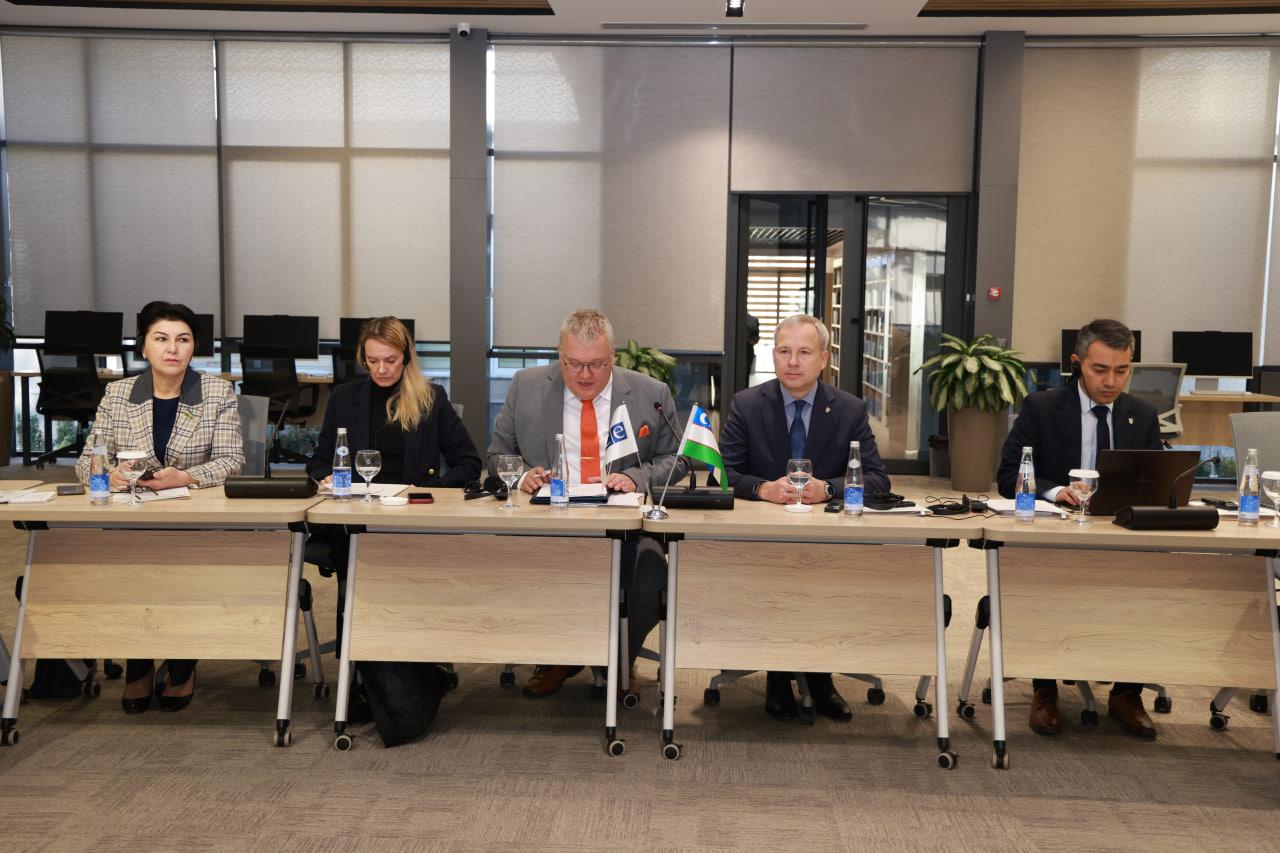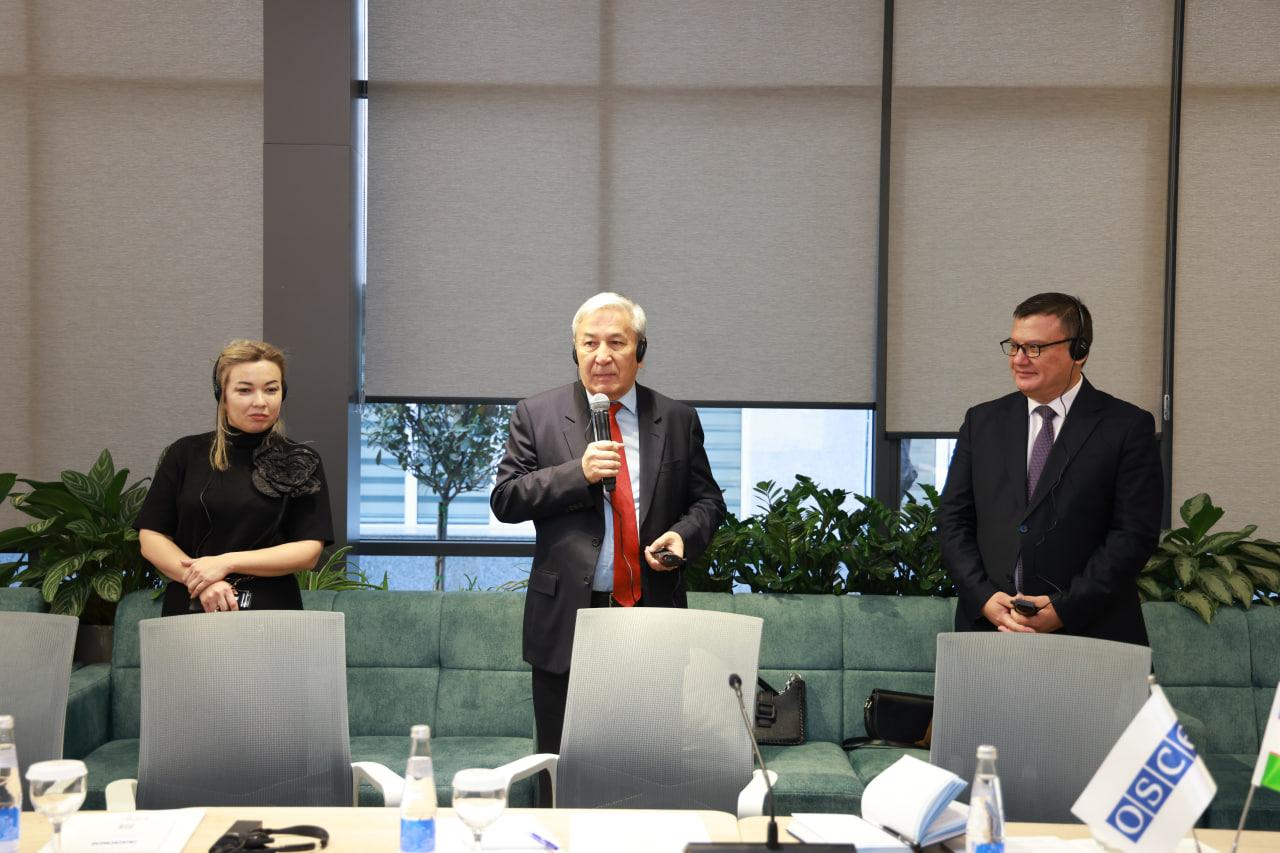A seminar-training dedicated to the implementation of gender aspects in the fight against corruption was held.
From November 17 to December 2 of this year, the Law Enforcement Academy, with the support of a number of international organizations, is holding an academic decade dedicated to the third anniversary of the Academy's establishment. Within the framework of the Decade, international, scientific-practical, and educational events are being held, aimed at strengthening the rule of law, developing the professional competencies of law enforcement officers, combating modern threats, and expanding international cooperation.
In this direction, on November 26-27 of this year, an in-depth seminar-training on the topic "Conceptual and Legal Foundations of Gender Aspects in Combating Corruption" was organized at the Academy in cooperation with the OSCE Project Coordinator in Uzbekistan.
The seminar-training was held with the aim of organizing activities taking into account gender aspects, teaching international experience and best practices to government bodies, academic and educational institutions, non-governmental non-profit organizations and other interested structures working in the field of combating corruption and protecting women, as well as developing distance learning courses based on the results of the seminar.
The event was attended by representatives of the Senate and Legislative Chamber of the Oliy Majlis, the Prosecutor General's Office, the Supreme Court, the Anti-Corruption Agency, the Committee on Family and Women, the Ministries of Justice, Internal Affairs, Poverty Reduction and Employment, the Academy of Public Policy and Administration, the Institute of Legislation and Legal Policy, the Academy of Justice, Westminster University in Tashkent, and a number of higher educational institutions.
The seminar-training was conducted by Dr. Ina Kubbe, the OSCE Secretariat's international expert on corruption and gender issues. During the lecture, he highlighted the international experience of gender-sensitive anti-corruption policies, including cases of discrimination in employment, problems of equality in education and healthcare, and limitations on rights to social assistance.
At the end of the two-day seminar-training, participants were awarded certificates.
Also, in order to ensure the sustainability of the event, based on its results, it was decided to develop a distance learning course on gender and corruption issues and relevant training materials for employees of all state bodies and organizations on the electronic platform of the Virtual Academy for Combating Corruption, created on the basis of the Academy.

